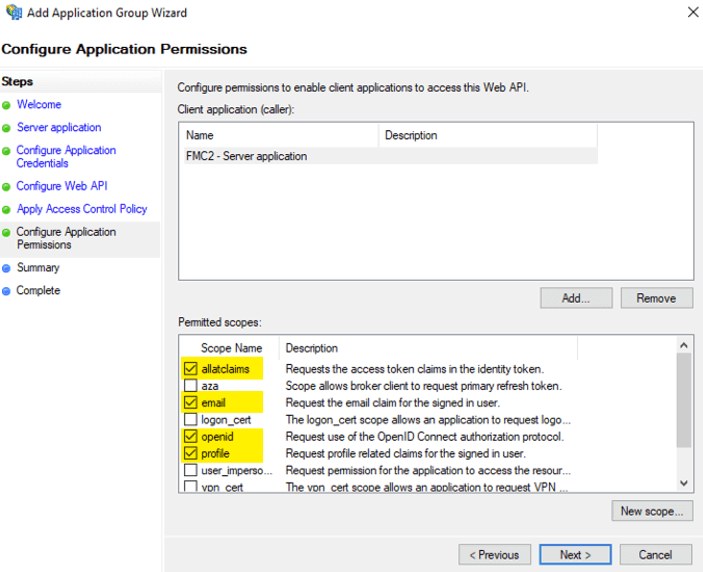

You can also take advantage of Perform Script on Server (PSoS), and handling imports asynchronously. I was thrilled to discover in FileMaker 18 that the new file-based script steps give us the ability to perform imports natively on FileMaker Server, with no configuration or changes needed. The important part of the ‘Insert from URL’ script step is the path to the file: “file://” & $$Path is the secret to accessing the file using FileMaker Go.Combining functions, features, or steps in creative new ways can deliver productive results. Here’s a quick overview of the important part of the scripts: Try it yourself using the attached Free FileMaker Example File. Insert from URL works better, and, as long as you do not click the Encode URL option, brings in clean, comma and CR delimited data. How do we avoid that problem? Use the Insert From URL script step. But if you are importing a lot of data, that takes more time to clean. This data needs to be cleaned up, which can be done via a custom function. The bolded part above shows one downside: a lot of extraneous data is in the import – data such as %20, %C1, and so on.

The first option works as follows (hat tip to community user ‘roulf’): Import the file into a webviewer and parse it out.It turns out there are two ways to work around this issue: Turns out it is true, but not as easy as one would think.Īnyway, I found a this thread on the FileMaker community from three years ago that was very helpful. One should check before saying “Yeah, FileMaker Go can do that”. I hadn’t tried that before, and found out that hard way that a work around is needed.

So, if you need to provide your users with a way to import data from a CSV file, you may think you are out of luck. One thing most developers find out the hard way is that importing a CSV File into FileMaker Go is not natively supported.


 0 kommentar(er)
0 kommentar(er)
